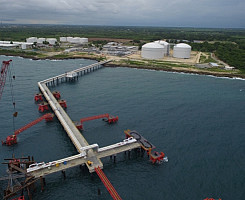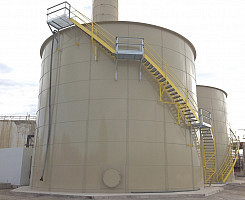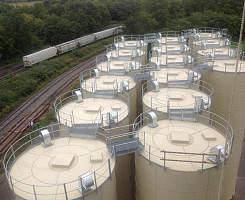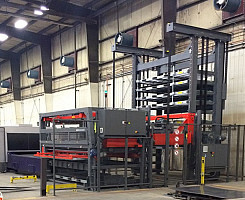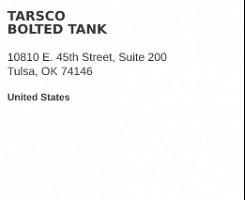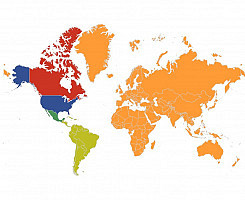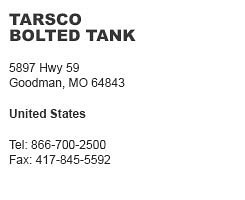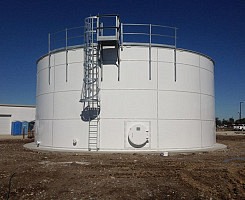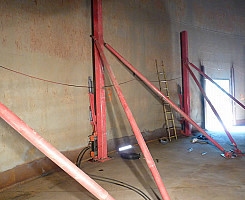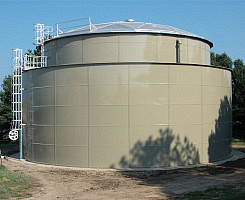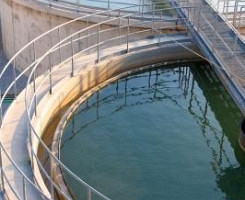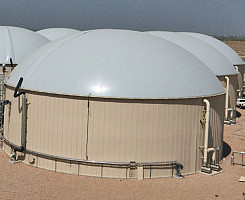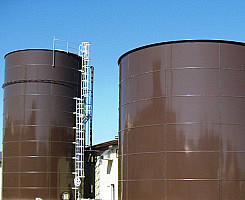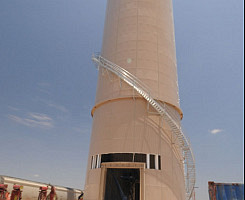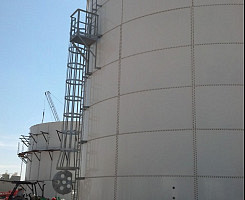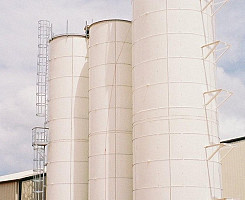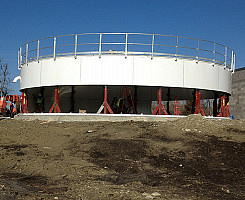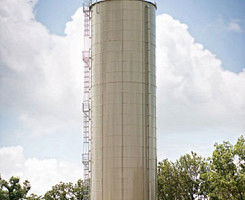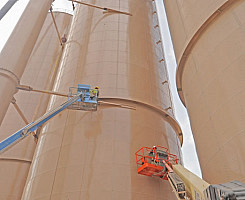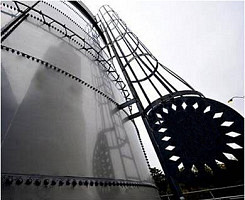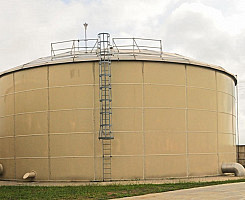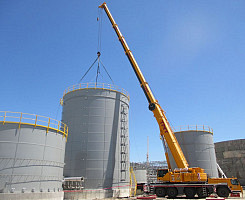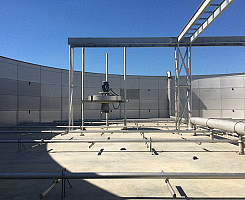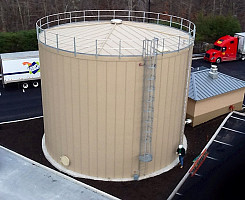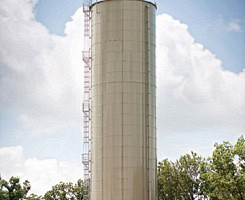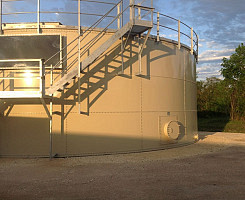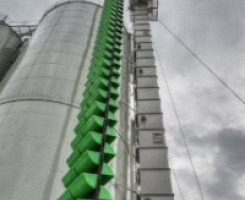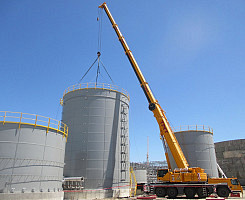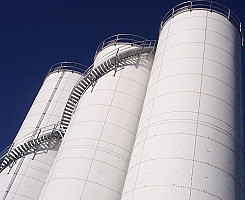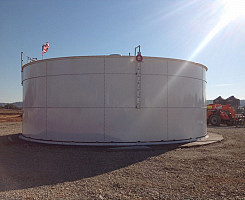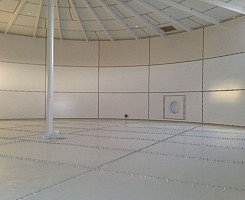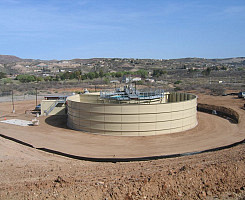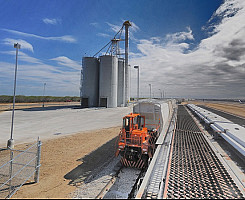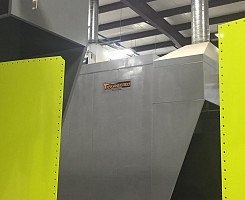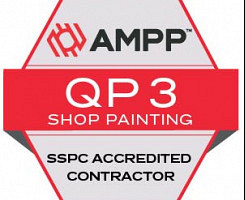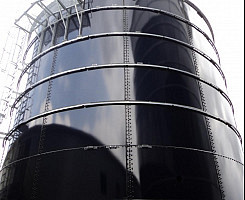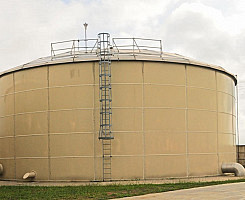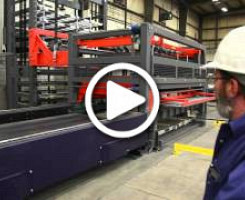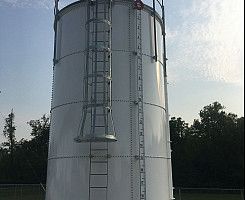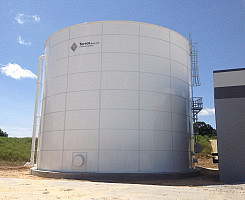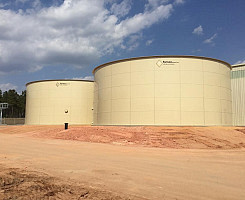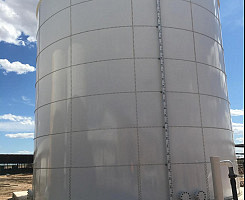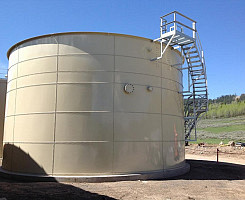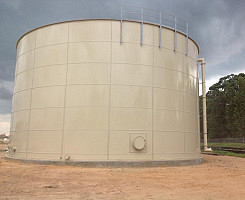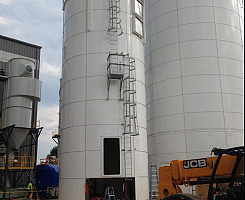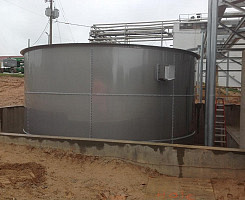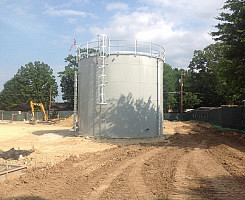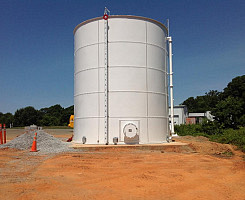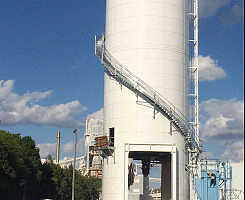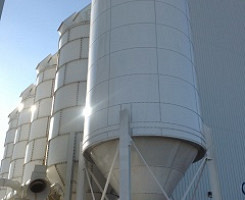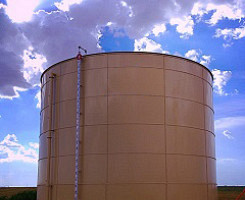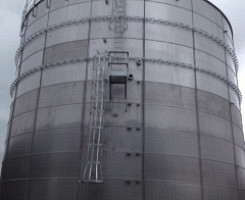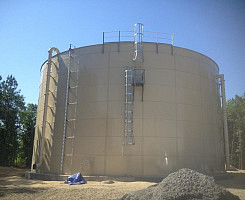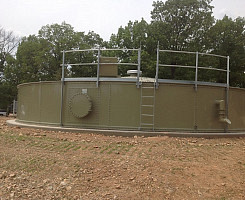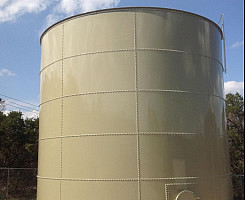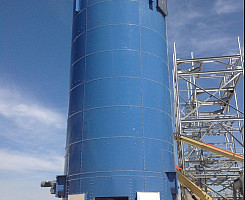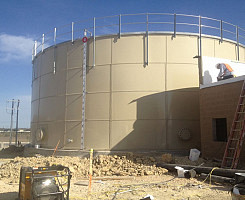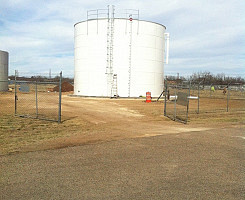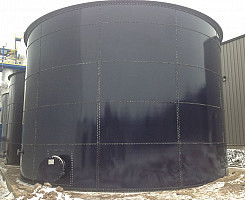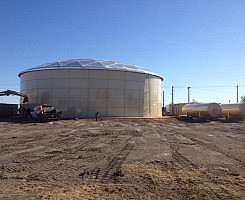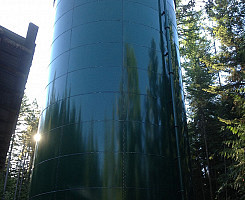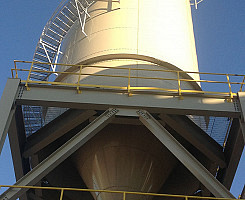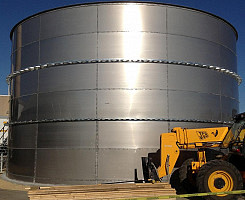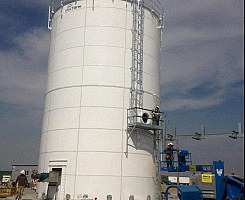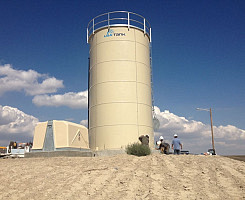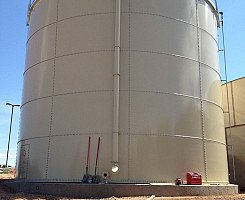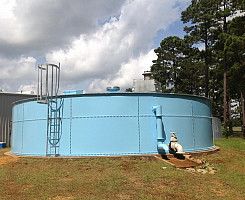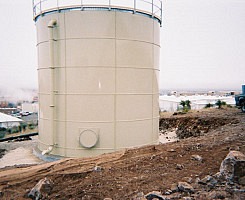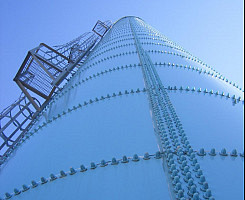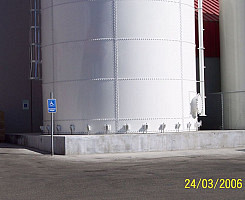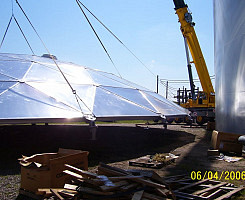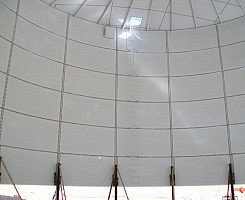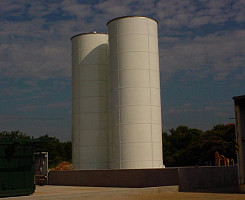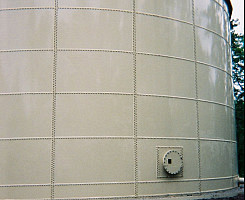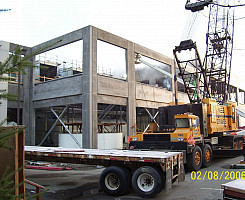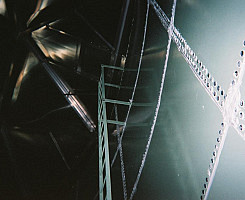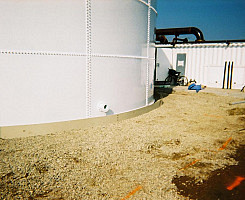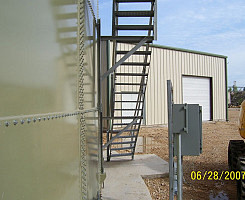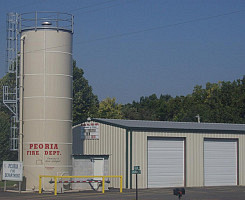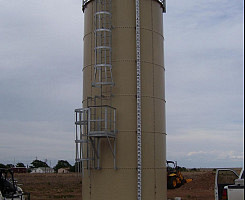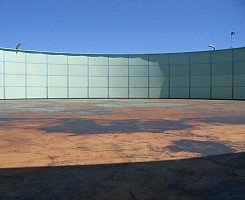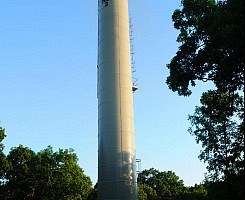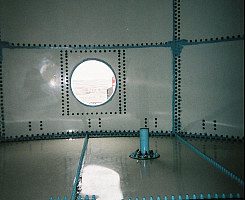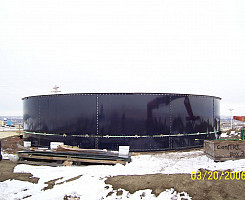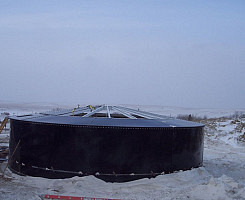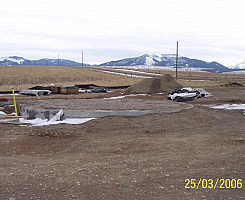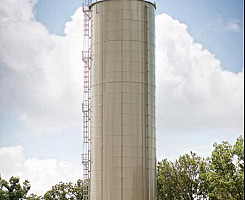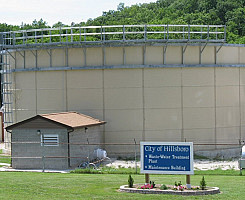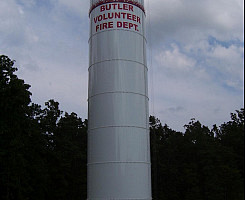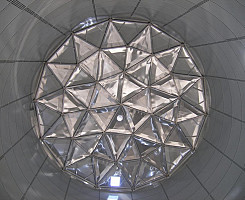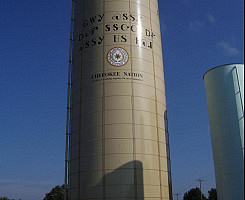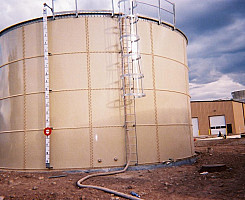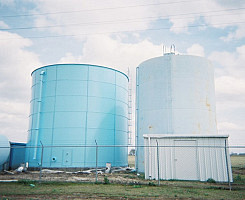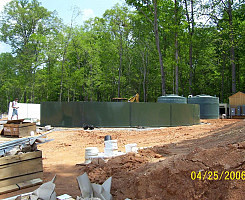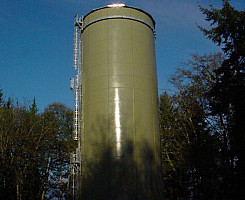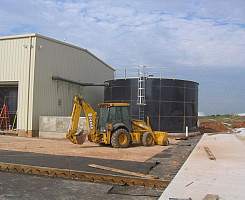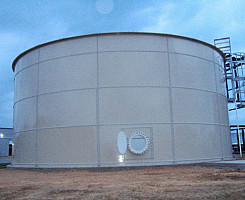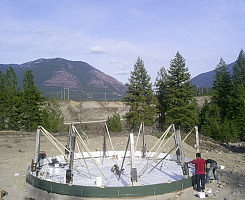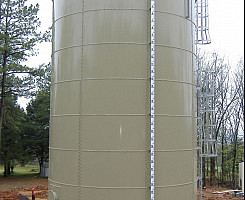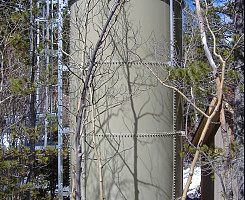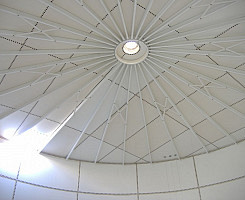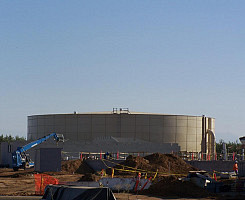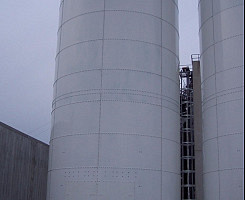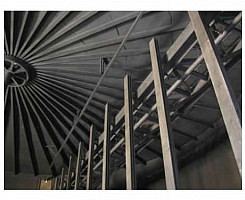Aquaculture engineering is the branch of agricultural engineering that studies cultured aquatic species and the production systems used in their culture. Particular kinds of aquaculture include fish farming, shrimp farming, oyster farming, alga-culture (such as seaweed farming), and the cultivation of ornamental fish.
Ponds make up a large portion of aquaculture production systems. The engineering aspect of aquaculture engineering aims to apply mathematical and engineering concepts to the effective development of aquatic production systems with emphasis on the use of computer simulation for water quality and fish production. Environmental conditions and feeding and fertilization factors are important components of these studies and production.
Water recirculation systems are also an important aspect of aquaculture, with emphasis on water quality, oxygen content, and feed amount.
Aquaculture can be more environmentally damaging than exploiting wild fisheries on a local area basis. Local concerns include waste handling, side-effects of antibiotics, competition between farmed and wild animals, and using other fish to feed more marketable carnivorous fish.
Onshore re-circulating aquaculture systems, facilities using poly-culture techniques, and properly sited facilities (e.g. offshore areas with strong currents) are examples of ways to manage negative environmental effects.
Re-circulating aquaculture systems (RAS) recycle water by circulating it through filters to remove fish waste and food and then re-circulating it back into the tanks. This saves water and the waste gathered can be used in compost or, in some cases, could even be treated and used on land.
There are many types of systems and farm designs used to grow fish. These include; ponds, net cages in lakes or oceans, rectangle raceway tanks, circular (round) tanks, earthen tanks lined with plastics or clays and other forms of containment. Basic Land based fish farms involve the use of one or more types of tanks or ponds and generally have water piped in and out to maintain life support for the fish and to flush the tanks of waste products. Basic designs may also include mechanical aeration equipment for adding oxygen to water.
In recent years land based farms have advanced in technology to become more eco-friendly and to provide greater security and control of the farming process. The most advanced of these aquaculture tanks are known as water recirculation systems or RAS designs. Advancements in design and technology are being driven in part by the need to develop alternative methods for aquaculture and by the demand for more fish and secure supplies. Innovative liquid / solid separation equipment used in a host of industrial filtration and dewatering activities are being used with farm tanks installed inland.
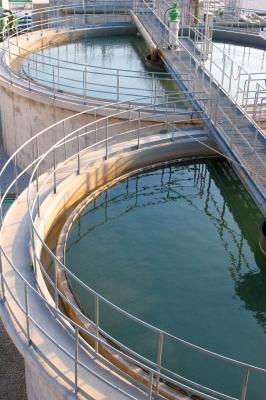
- Services
- Liquid Tank Projects
- Dry Tank Projects
- Facilities
- Locations
- Territory Maps
- Locations
- Services
- Services
- Applications
- Applications
- Applications
- Applications
- Applications
- Applications
- Applications
- Services
- Services
- Services
- Products
- Applications
- Applications
- Applications
- Applications
- Applications
- Applications
- Applications
- Applications
- Applications
- Applications
- Applications
- Applications
- Applications
- Applications
- Applications
- Products
- Facilities
- Products
- Products
- Products
- Liquid Tank Projects
- Liquid Tank Projects
- Liquid Tank Projects
- Liquid Tank Projects
- Liquid Tank Projects
- Liquid Tank Projects
- Dry Tank Projects
- Liquid Tank Projects
- Liquid Tank Projects
- Liquid Tank Projects
- Dry Tank Projects
- Dry Tank Projects
- Liquid Tank Projects
- Liquid Tank Projects
- Liquid Tank Projects
- Liquid Tank Projects
- Liquid Tank Projects
- Dry Tank Projects
- Liquid Tank Projects
- Liquid Tank Projects
- Liquid Tank Projects
- Liquid Tank Projects
- Liquid Tank Projects
- Dry Tank Projects
- Liquid Tank Projects
- Dry Tank Projects
- Liquid Tank Projects
- Liquid Tank Projects
- Liquid Tank Projects
- Liquid Tank Projects
- Liquid Tank Projects
- Liquid Tank Projects
- Liquid Tank Projects
- Liquid Tank Projects
- Liquid Tank Projects
- Liquid Tank Projects
- Liquid Tank Projects
- Liquid Tank Projects
- Liquid Tank Projects
- Liquid Tank Projects
- Liquid Tank Projects
- Liquid Tank Projects
- Liquid Tank Projects
- Liquid Tank Projects
- Liquid Tank Projects
- Liquid Tank Projects
- Liquid Tank Projects
- Liquid Tank Projects
- Liquid Tank Projects
- Liquid Tank Projects
- Liquid Tank Projects
- Liquid Tank Projects
- Liquid Tank Projects
- Liquid Tank Projects
- Liquid Tank Projects
- Liquid Tank Projects
- Liquid Tank Projects
- Liquid Tank Projects
- Liquid Tank Projects
- Liquid Tank Projects
- Liquid Tank Projects
- Liquid Tank Projects
- Liquid Tank Projects
- Liquid Tank Projects
- Dry Tank Projects
- Liquid Tank Projects
- Testimonials
- Dealers
